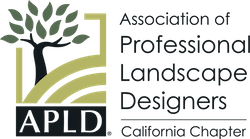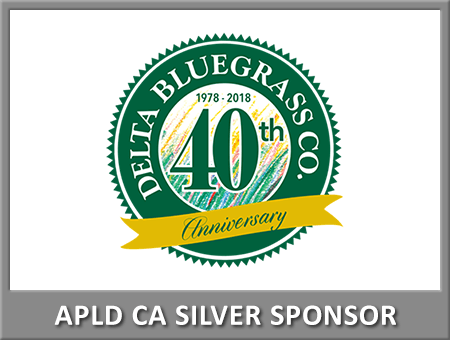As I sit down to write this message to you, I just came back from a 4 hour round trip drive from San Diego to Los Angeles to be able to vote in the Brazilian Presidential election. I feel inspired by my civic duties and responsibilities and I’m excited to tell you a little about APLD California’s first Legislative meeting.
The meeting took place in Sacramento and was a culmination of five years of planning and a lot of hard work.
As a foreigner with an adopted American citizenship, it was an emotional moment for me to open the meeting as the California Chapter president, to discuss the power that we all have as voters in this country.
The goal of this first Legislative meeting was to educate and empower our District leaders to learn how to talk to Legislators and to discuss the power of grass roots movements in our democratic society.
The democratic system empowers its citizens to vote for their representatives in the government, but we often forget that our power does not end with our vote. Legislators need to be educated about the issues that affect their constituents in order to create legislation. They count on field experts to guide them in the crafting of legislation that responds to people’s needs.
The ultimate goal of APLD California is to have the language in the Landscape Architecture Practice Act changed to include Residential Landscape Designers in the group of professionals listed under their exemption. At the present time only Nursery persons, Architects, Professional Engineers, Land Surveyors, Golf Course Architects, Irrigation Contractors, and Landscape Contractors are included in that list.
California has grown a lot since the current Landscape Practice Act was created 50 years ago. The many thousands of residential landscapes have a huge impact on the environment. California designers can help implement the new normal and educate the public about new ways to garden. As professional Residential Designers we are experts in our field. We understand the need of consumers to have choice when choosing a professional they would like to work with. We understand the need to educate homeowners on ways to transform their landscapes to be more climate appropriate.
With the drought upon us this is the time that professional designers can have a big impact on ways to conserve water and natural resources and helping the local environment.
Designers are also responsible to create and maintain numerous jobs in our state. With our designs we create employment opportunities for contractors, irrigation designers, nurseryman, landscape suppliers, and the sales and manufacture of outdoor furniture and outdoor lighting, just to list a few. We are important for the economic health of the State of California.
During our meetings with the Legislator’s aids we asked them to consider our experience, perspective, and needs when creating future Legislation by employing language that is inclusive of our profession. The Legislators play an important role in supporting these efforts. They can enable or defer these objectives and it is our responsibility to inform them to the best of our ability. By helping us, they will be helping their voters, the environment, and ultimately the economy of California.
Kathy DaSilva, one of our inspiring speakers said in her talk that the most important take-away from her experience as a grass roots organizer is “what democracy looks like: citizens petitioning their legislators to address their concerns.”
As Margaret Mead said, “Never doubt that a small group of thoughtful, committed citizens can change the world; indeed, it’s the only thing that ever has.”
We all can make a difference if we stand together with one goal in mind. We have to start to educate our colleagues and other professionals on why it is so important to have the language of the Landscape Practice Act changed to include Landscape Designers in the list of exempt professionals.
Respectfully,
Amelia
























